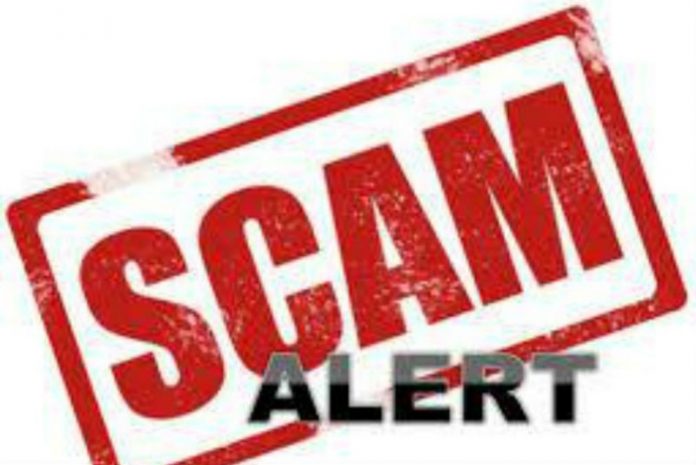If you or someone you know receives an offer to place an advertisement decal on their vehicle for compensation, beware. It might be a scam.
Unfortunately, our company has personal experience with this “decal scam” and from our experience, a student received an email soliciting a job opportunity for students. But what appeared to be a legitimate gig turned out to be a scam.
How the scam works:
For monetary compensation, a student is asked to place a decal on their vehicle as an advertisement for a brand.
The scammers request your name, car type, address, and cell phone number. Once received, they will send an email confirming your information with attached terms and conditions to the contract.
A check was overnighted to the student for a much larger amount than was contracted with instructions to cash the check and then pay the installer for the decal; the balance was for the student to keep as payment for the having the decal placed on their vehicle.
The scammers were aggressive in asking that you cash the check immediately. In this situation, the check received was not from the brand that the student was expected to advertise for but from a completely different company which turned out to be a fake check. If it had been cashed, it would have bounced, the student would be out the money, and the scammers would now have access to the student’s account.
BBB completed a study and found the largest group of victims of fake check frauds are in their twenties and the losses may hit hard. Small businesses, lawyers, and banks also suffer losses from these scams. Fake checks are used in all sorts of fraud from selling an item, employment, and prize winner. In each case, the victims are asked to deposit the check and send money back to the scammers, which is a big red flag. In this instance, the fake check was sent from Oklahoma; the fake check was issued from New Hampshire.
Scammers are often successful because consumers don’t realize:
- Crediting a bank account does not mean the cashed check is valid.
Federal banking rules require that when someone deposits a check into an account, the bank must make the funds available right away – within a day or two. Even when a check is credited to an account, it does not mean the check is good. A week or so later, if the check bounces, the bank will want the money back. Consumers, not the fraudsters, will be on the hook for the funds.
- Cashier’s checks and postal money orders can be forged.
A cashier’s check is a check guaranteed by a bank, drawn on the bank’s own funds and signed by a cashier. If a person deposits a cashier’s check, the person’s bank must credit the account by the next day. The same holds true for postal money orders. Scammers use cashier’s checks and postal money orders because many people don’t realize they can be forged.
Here’s what to do if you realize you deposited a fake check.
- Notify your bank or the bank that appears to have issued the check.
- File a complaint with the Better Business Bureau, Federal Trade Commission, and The Internet Crime Center.


















